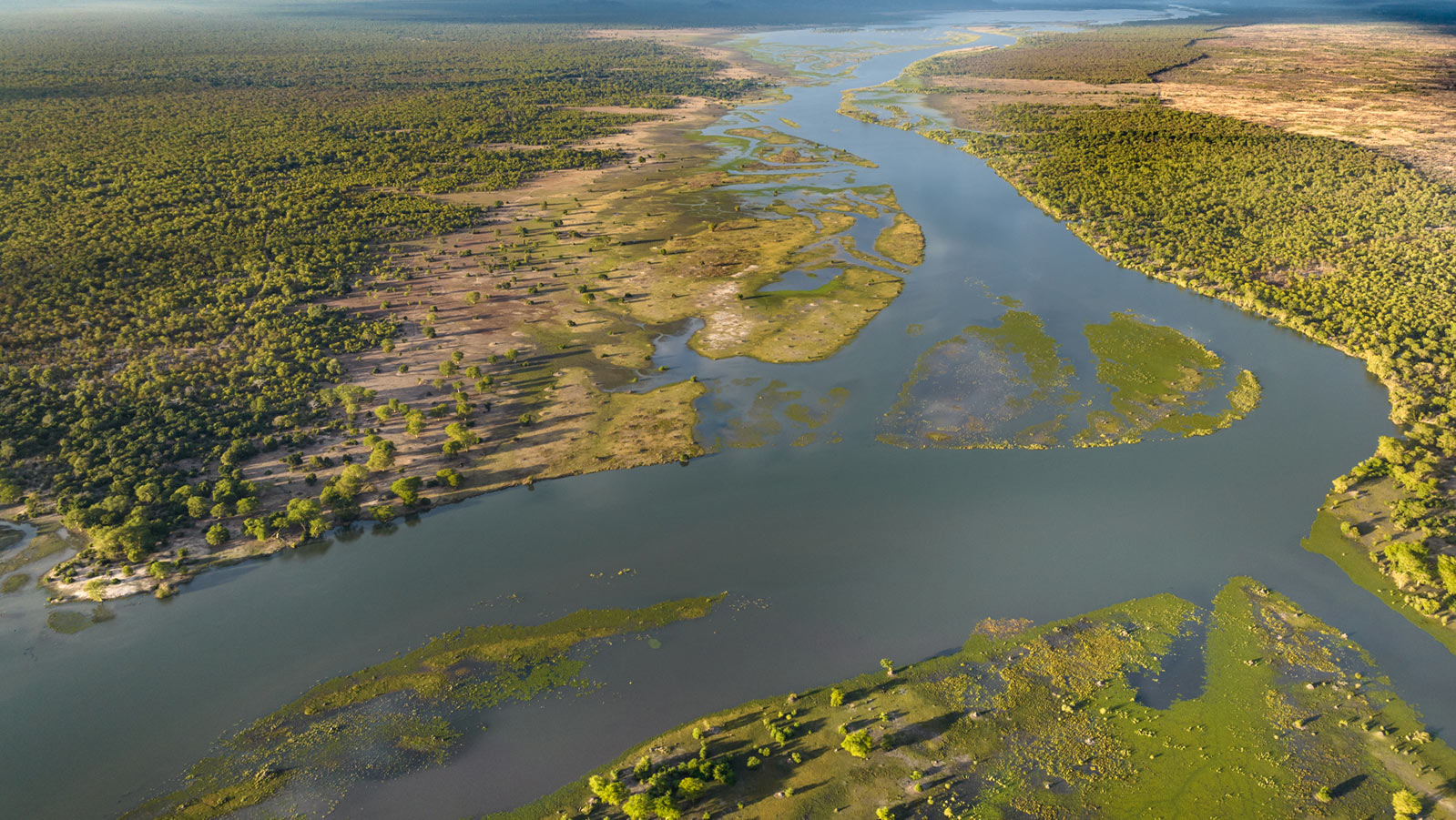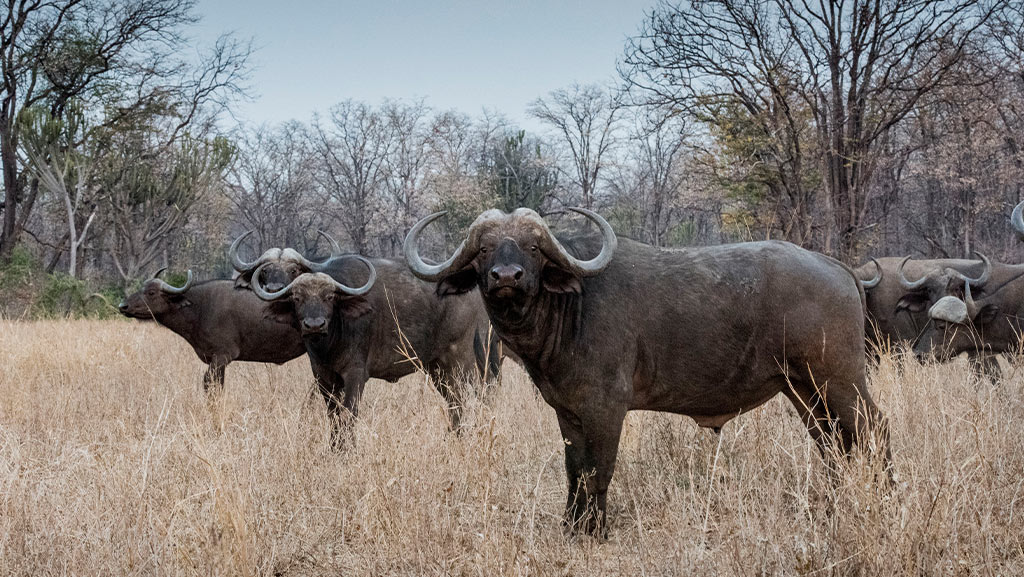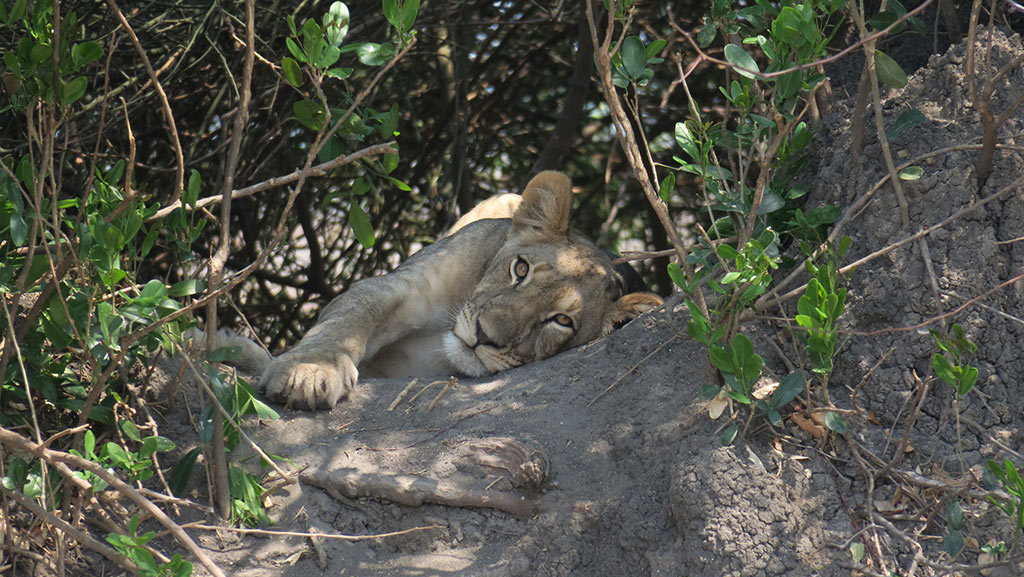
About Liwonde and Mangochi
Introduction
In 2015, when African Parks secured the management mandate from the Malawian Government, Liwonde was in major decline. Years of rampant poaching and illegal fishing had devasted its biodiversity, while, expanding human and elephant populations had resulted in unprecedented levels of human-wildlife conflict, putting an increasing burden on an already fractious co-existence.
African Parks’ purpose therefore included: Address the poaching threat, mitigate human-wildlife conflict and restore lost biodiversity; with a view to provide the park with a sustainable future.
In 2018, the contiguous Mangochi Forest Reserve was added to African Parks’ mandate, growing the footprint in this area by 60%. Mangochi is a critical ecological catchment and serves as an important dispersal area for elephants and other species. This helps to fulfil the long-term vision for this area – to establish comprehensive portion, develop tourism further and increase sustainable revenue generation and employment.
Biodiversity Restoration
Thanks to law enforcement and a number of large reintroduction projects, Liwonde now boasts robust populations of numerous species including over 1,000 buffalo, nearly 2,000 hippo, some 600 elephant, and 7,000 other large mammals.
Key species translocations included:
– 500 Elephants (2015), one of the largest elephant translocations in history, where elephants were moved out of Liwonde and Majete to repopulate Nkhotakota Wildlife Reserve, reducing human-wildlife conflict and allowing vegetation to regenerate. In 2022, African Parks relocated a further 263 elephant from Liwonde to Kasungu National Park.
– Cheetah reintroduced (2017) from South Africa to Liwonde National Park
– Lion reintroduction (2018) – 10 lions translocated from South Africa and Majete Wildlife Reserve to Liwonde have adjusted well to their new home.
– Rhino translocation (2019) – One of the largest international black rhino translocations to date, members of this critically endangered species were moved from South Africa to Liwonde.

The reintroductions of apex predators such as lion and cheetah are helping to secure the long-term biodiversity of this important ecosystem.
African Parks’ investment in fencing and conservation law enforcement has dramatically reduced movement of both elephant and people across park boundaries. In this way, negative interactions between Liwonde’s wildlife and its human neighbours have decreased. The park’s well-trained ranger team have also helped significantly with dropping poaching levels, removing over 40,000 snares since 2015. The Liwonde Training Centre’s programmes are producing highly trained rangers who are then deployed across the four Malawian parks.
Community Involvement
With approximately 800,000 people living around the park, the needs are great, particularly as far as education and income-generating activities go. Two schools are being supported, scholarships are being provided, and the Happy Readers and Reading Around the Reserve projects are reaching a significant number of learners and having a very real positive impact on literacy. Introducing the youth to Liwonde is a major aim as well, with over 4,670 school children and 290 adults visiting Liwonde in 2022.
Two health centres are also being upgraded, and specifically created community forums take place regularly, thus engaging deeply with the community.
Employment opportunities that we support include beekeeping, moringa cultivation, tree nurseries and the Spicy Farmers project, where over 77 tonnes of chillies are harvested annually. As an added benefit, the chilli elephant barrier has reduced elephant breakouts from the park.
Park Revenue Generation

There has been a substantial increase in tourism, with 12,368 domestic, 4,959 international and 5,888 Southern African Development Community visitors, indicating, not only a post Covid-19 recovery, but a surge in the popularity of Liwonde. Total tourism revenue increased by nearly 200%. With its exceptional wildlife sightings, Chimwala Camp has become increasingly popular.

